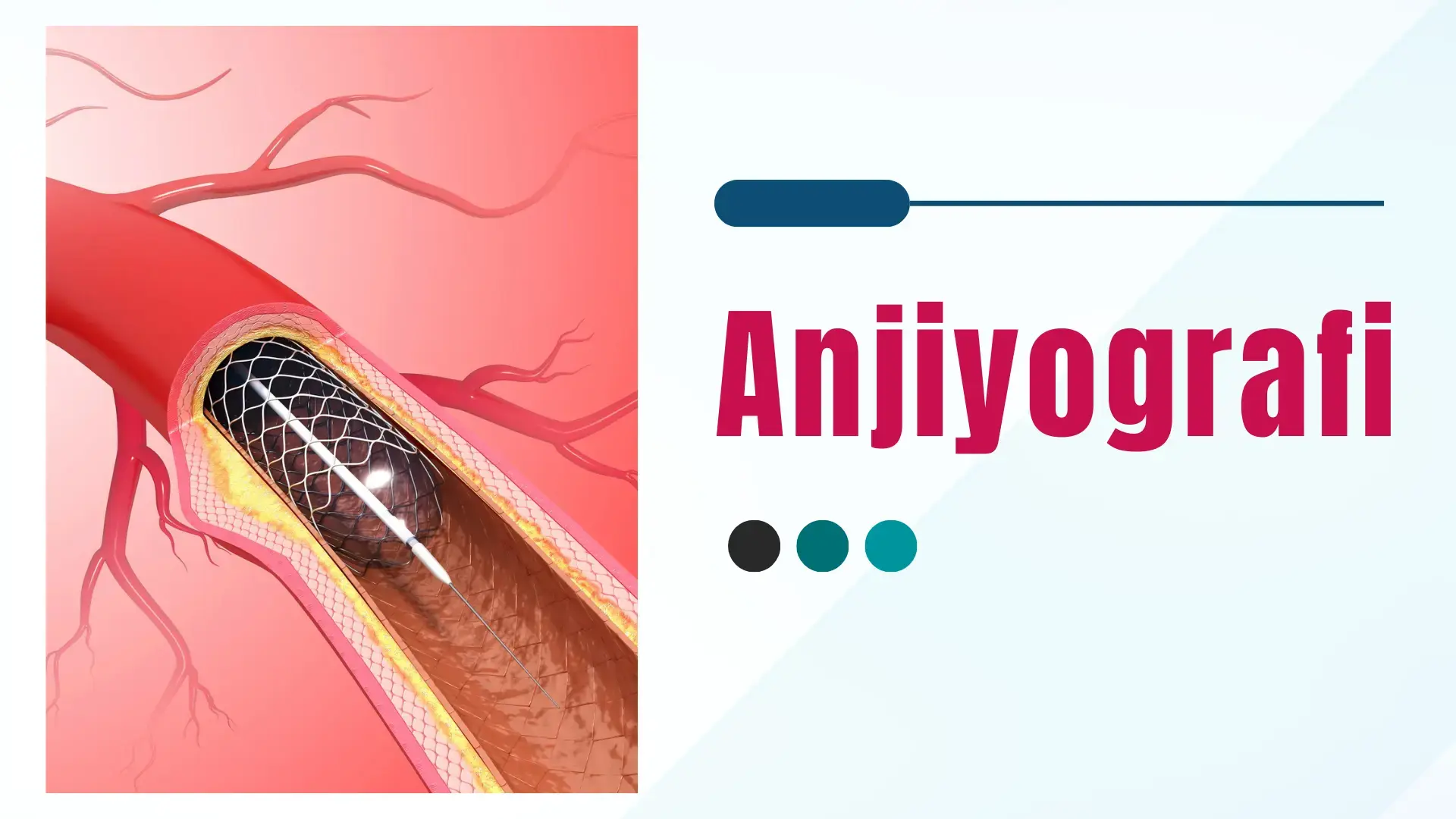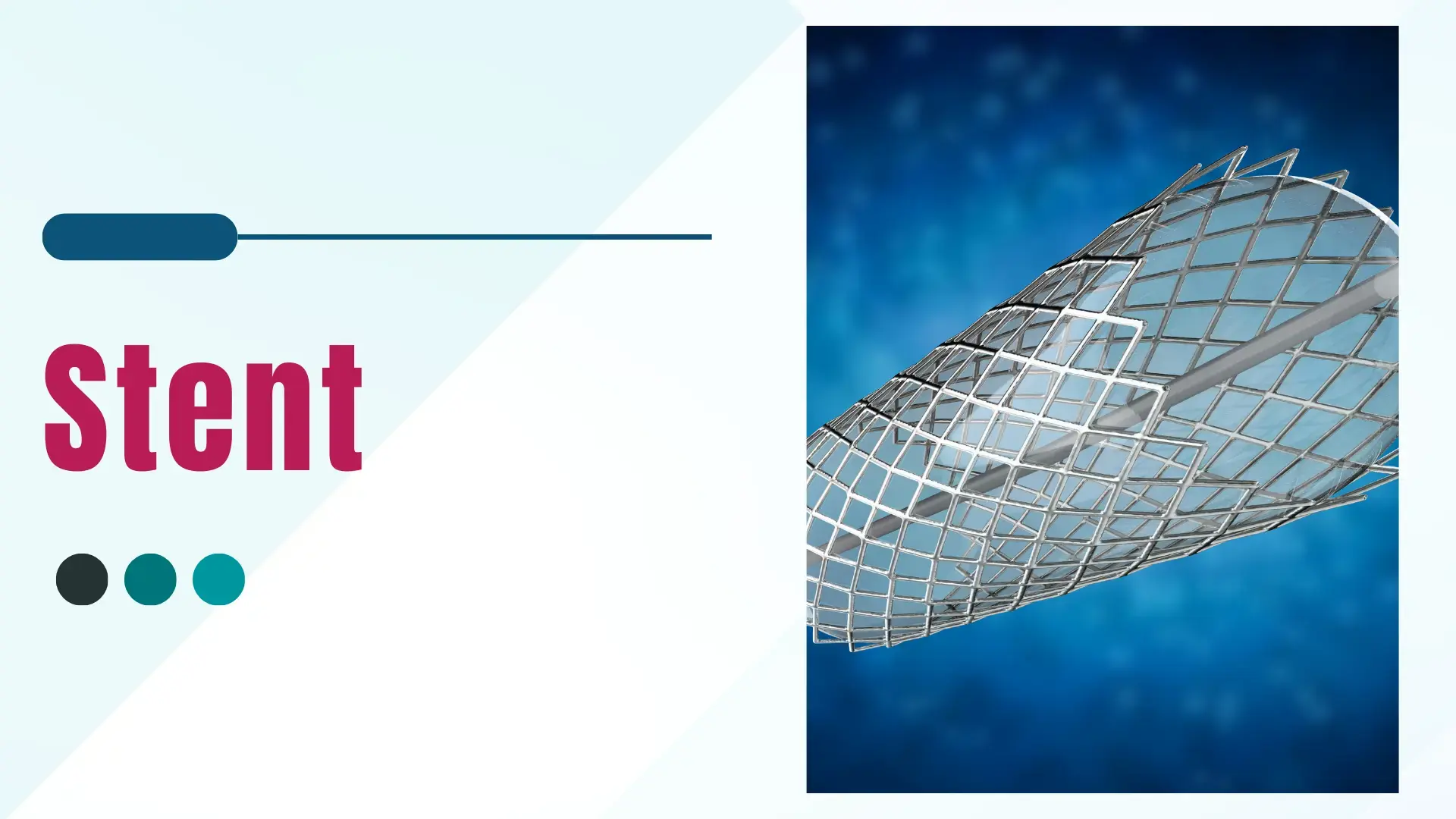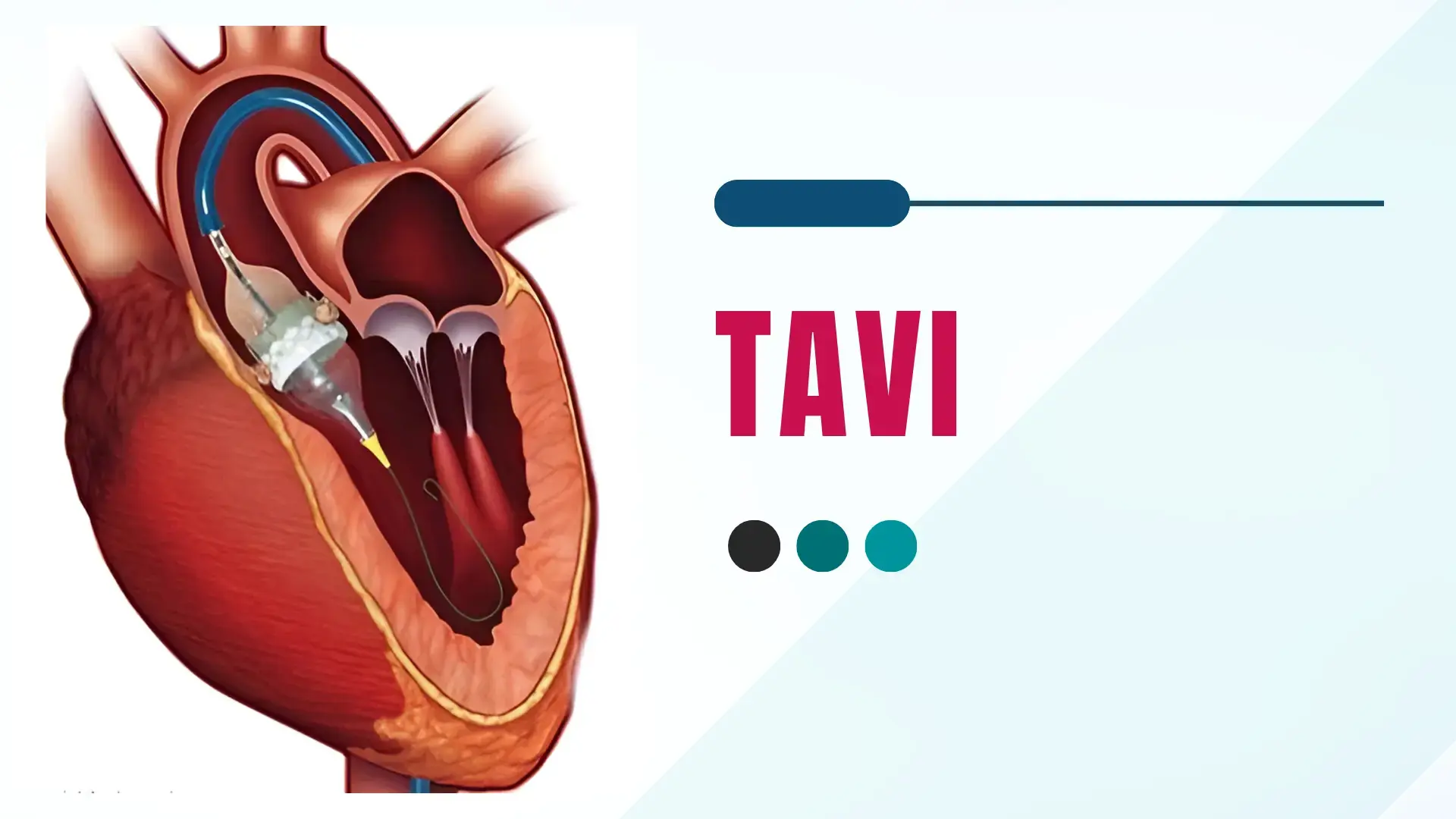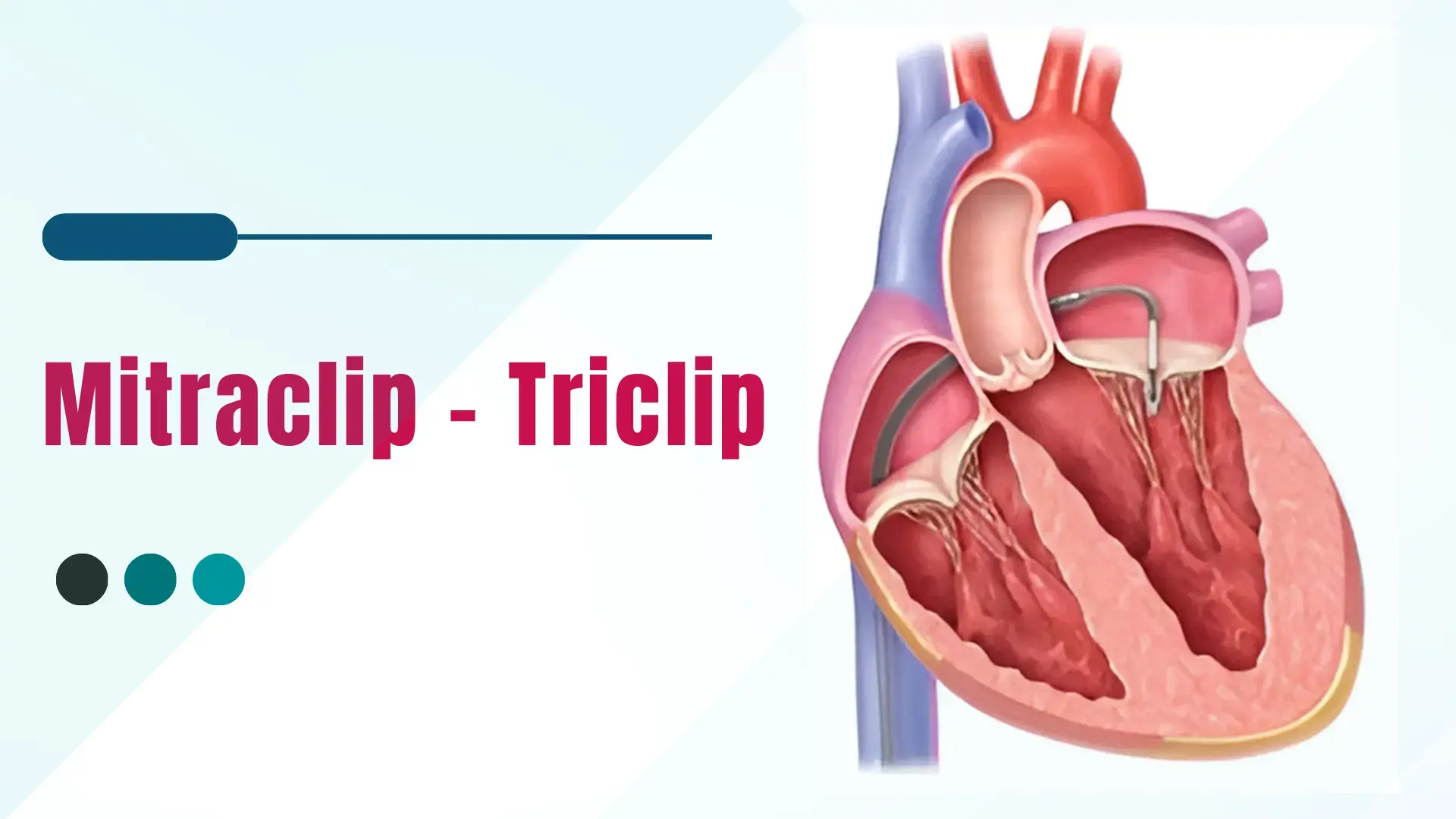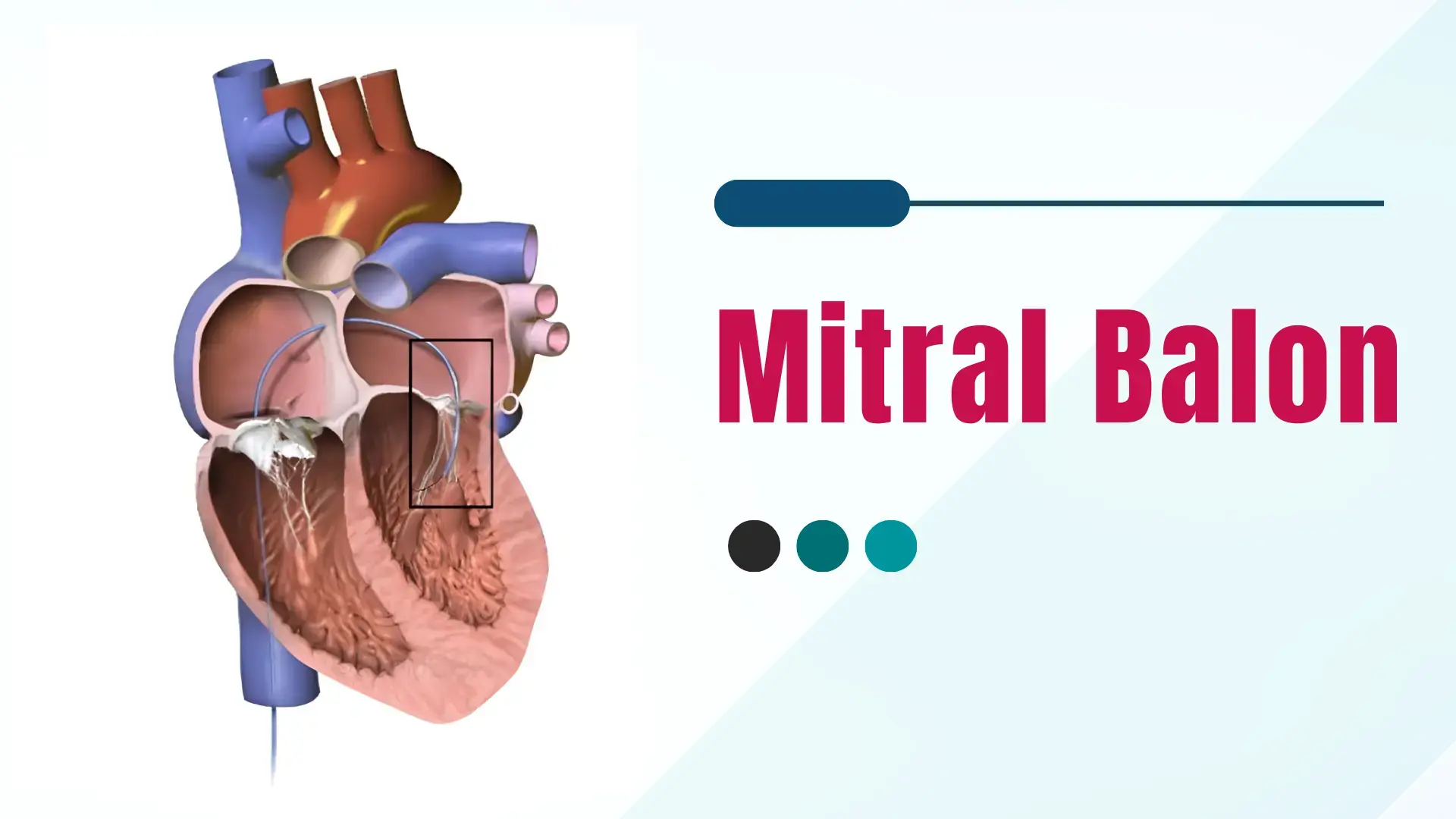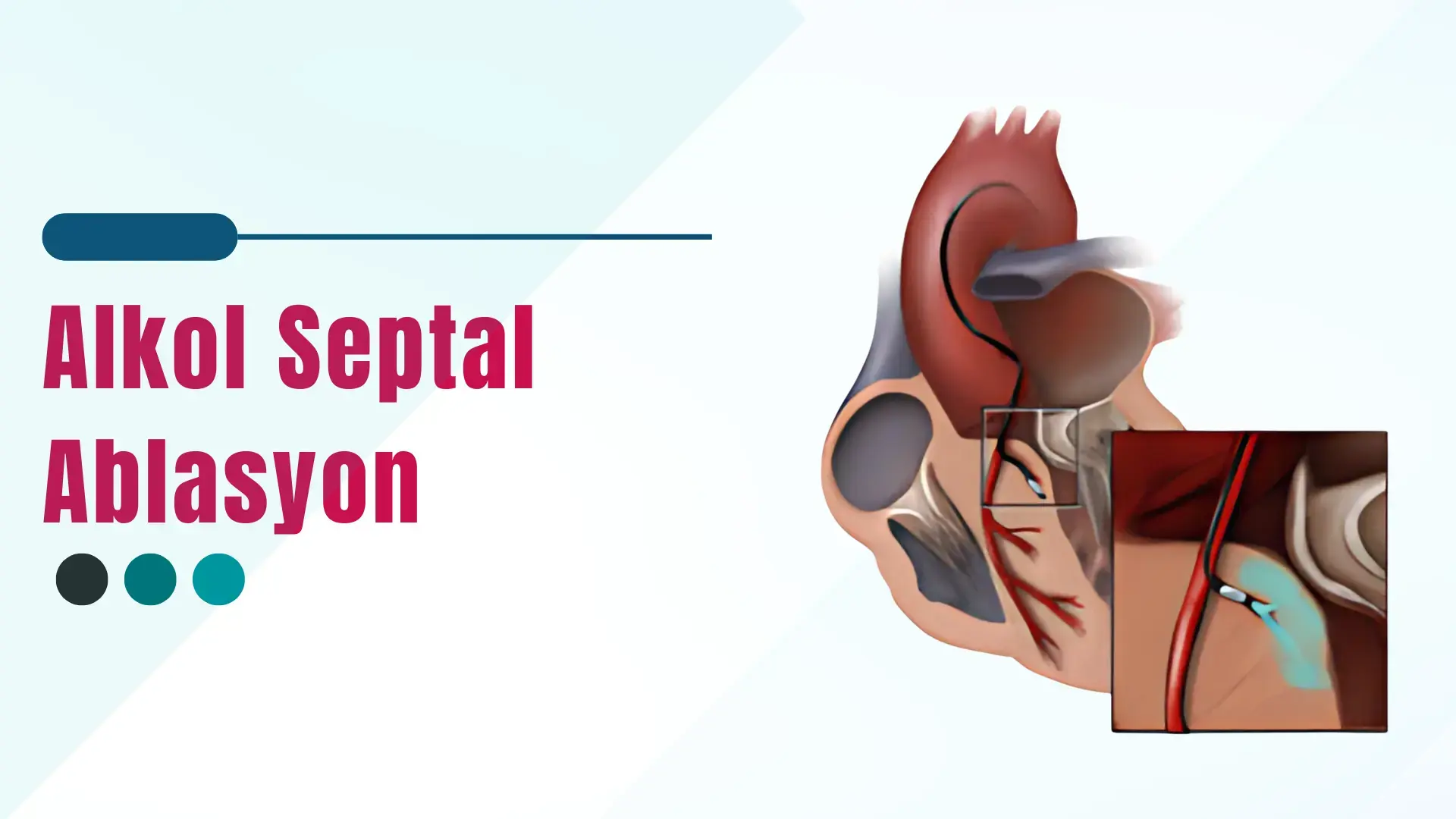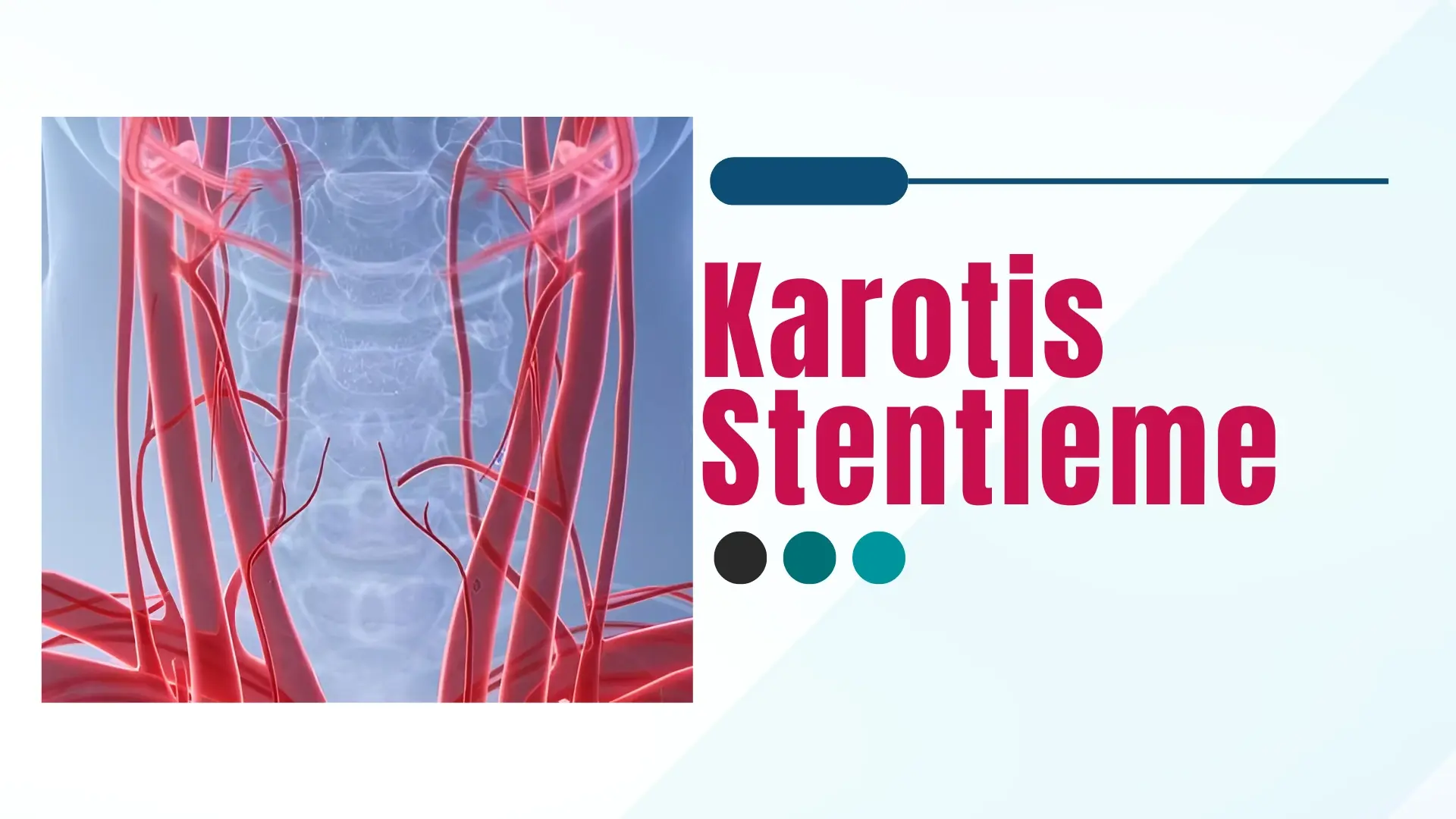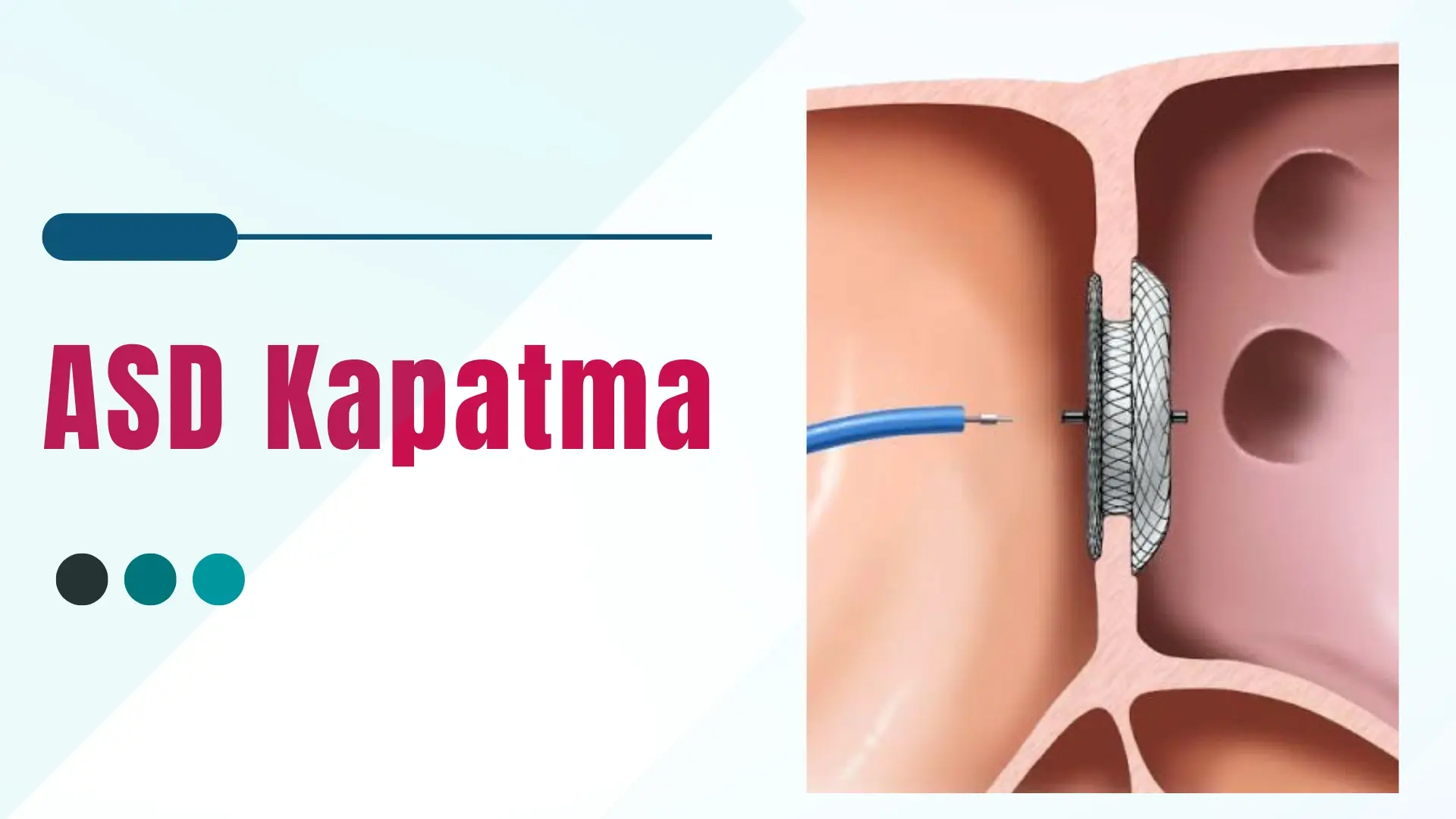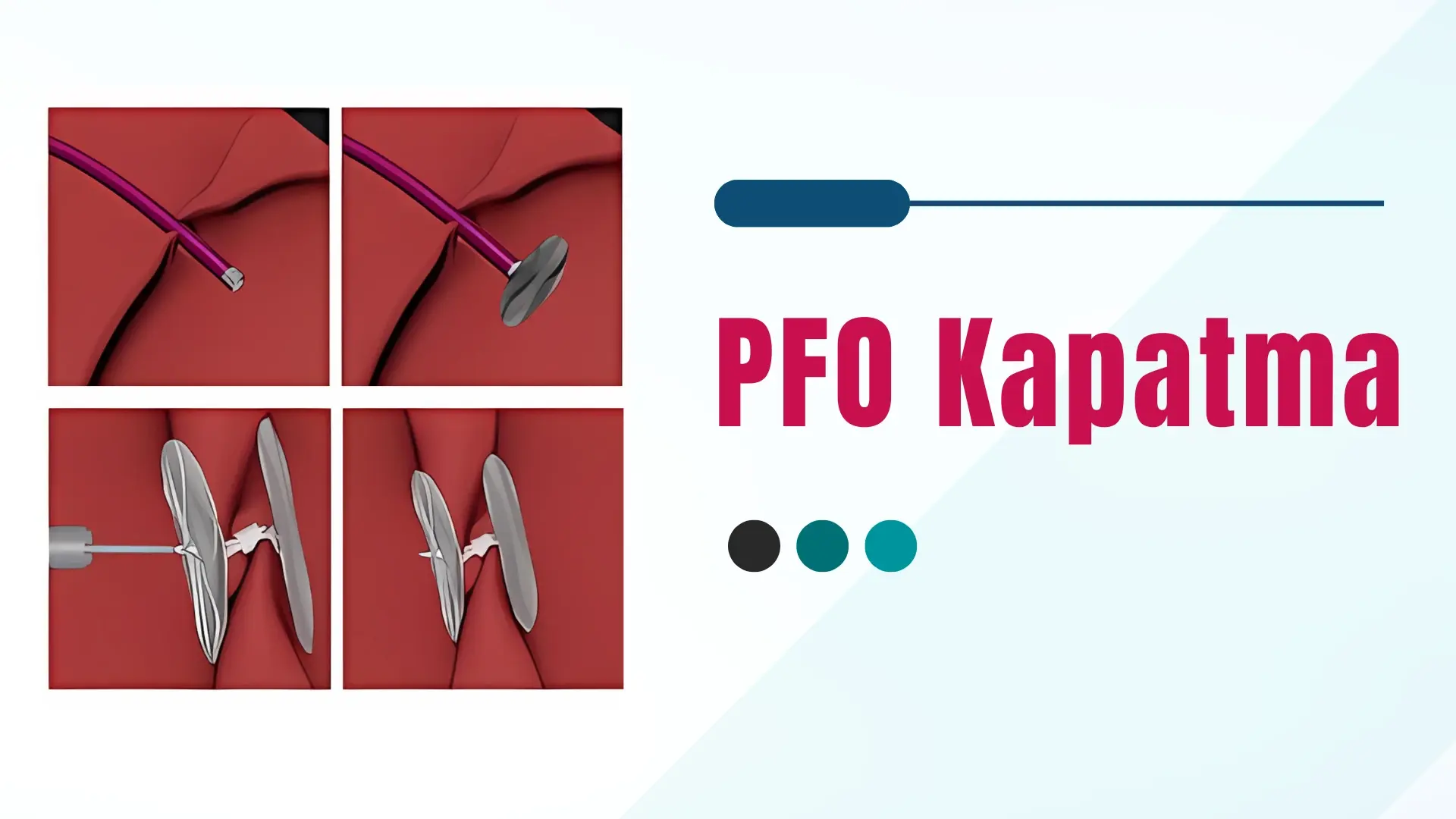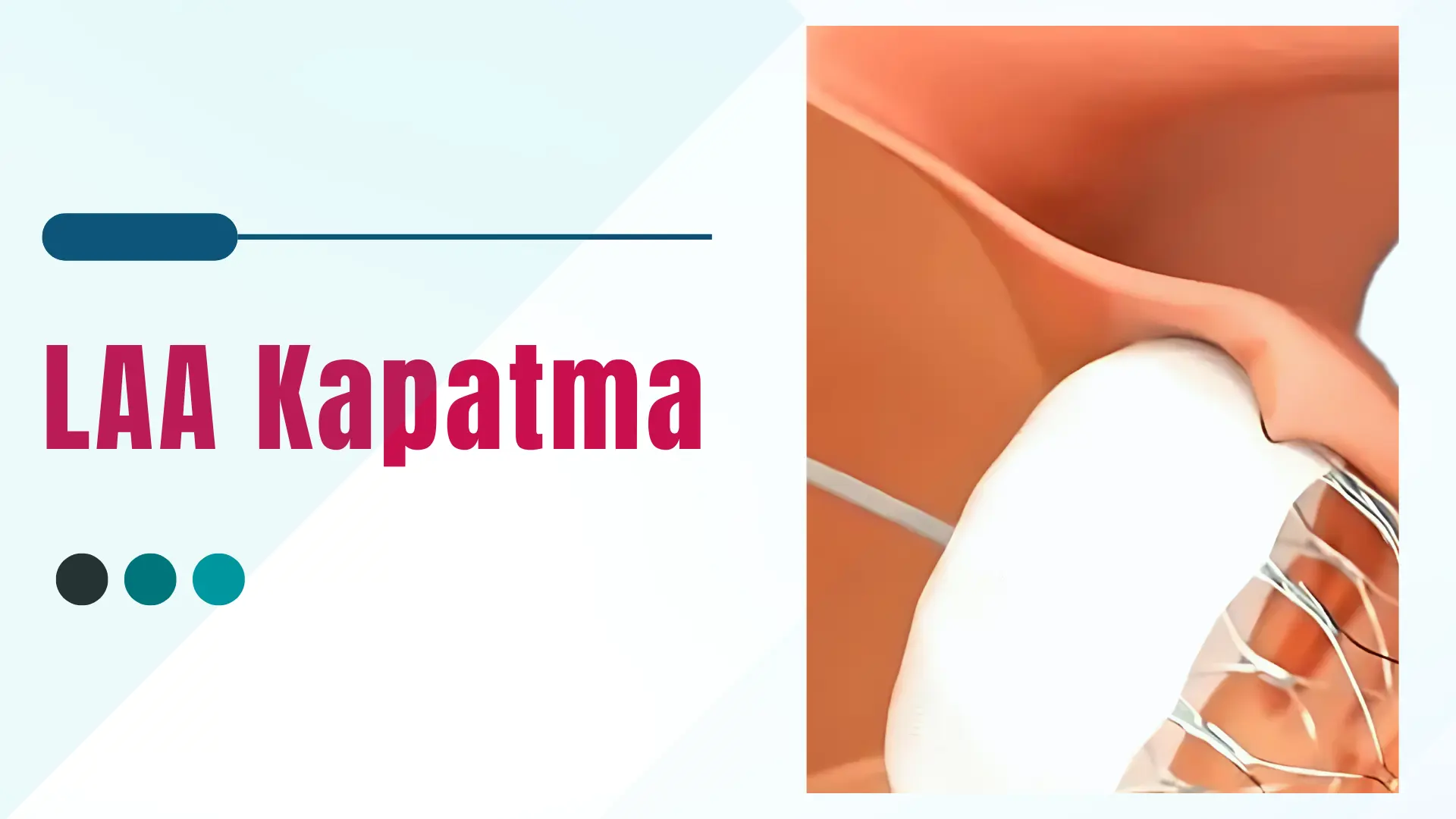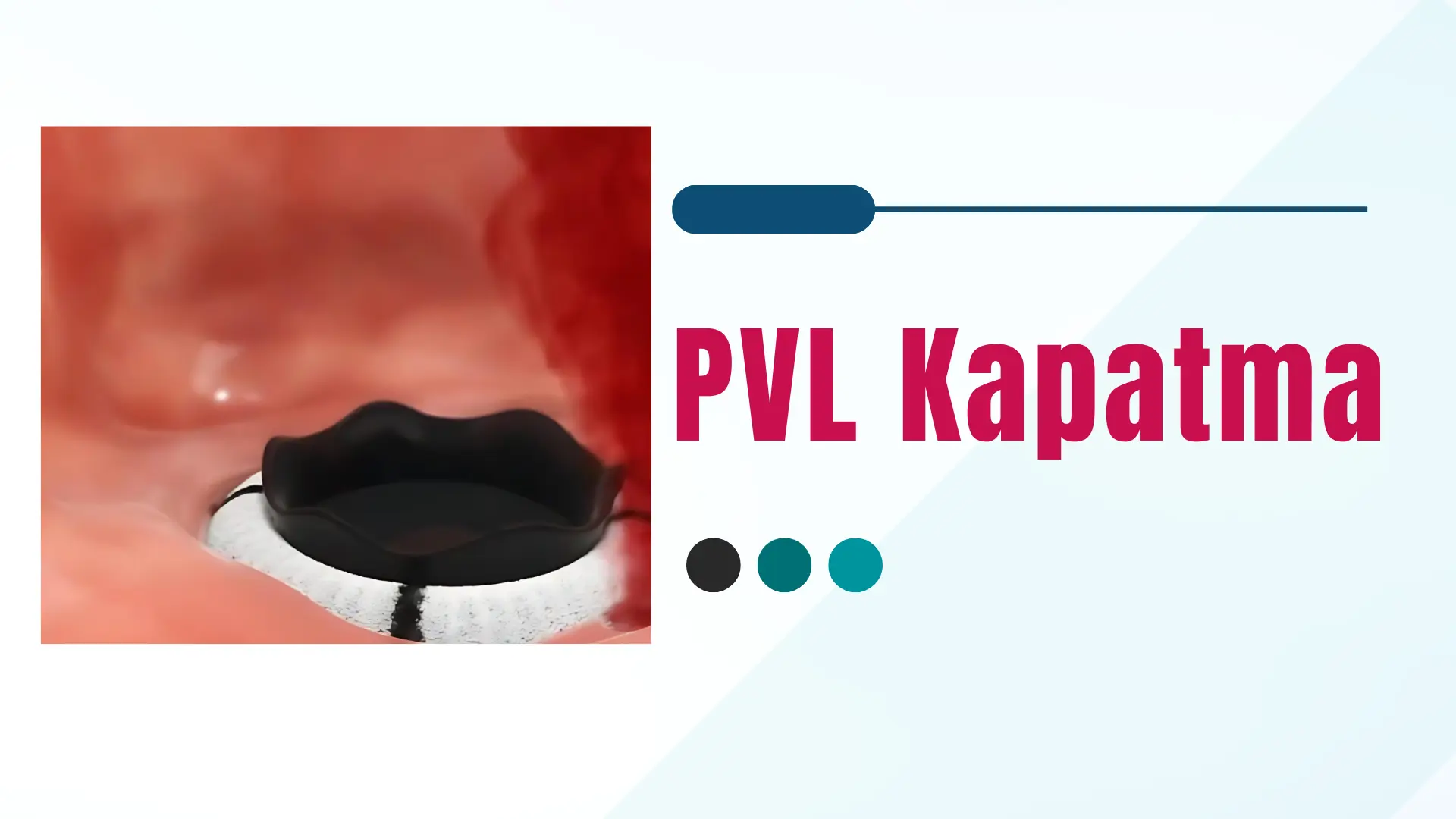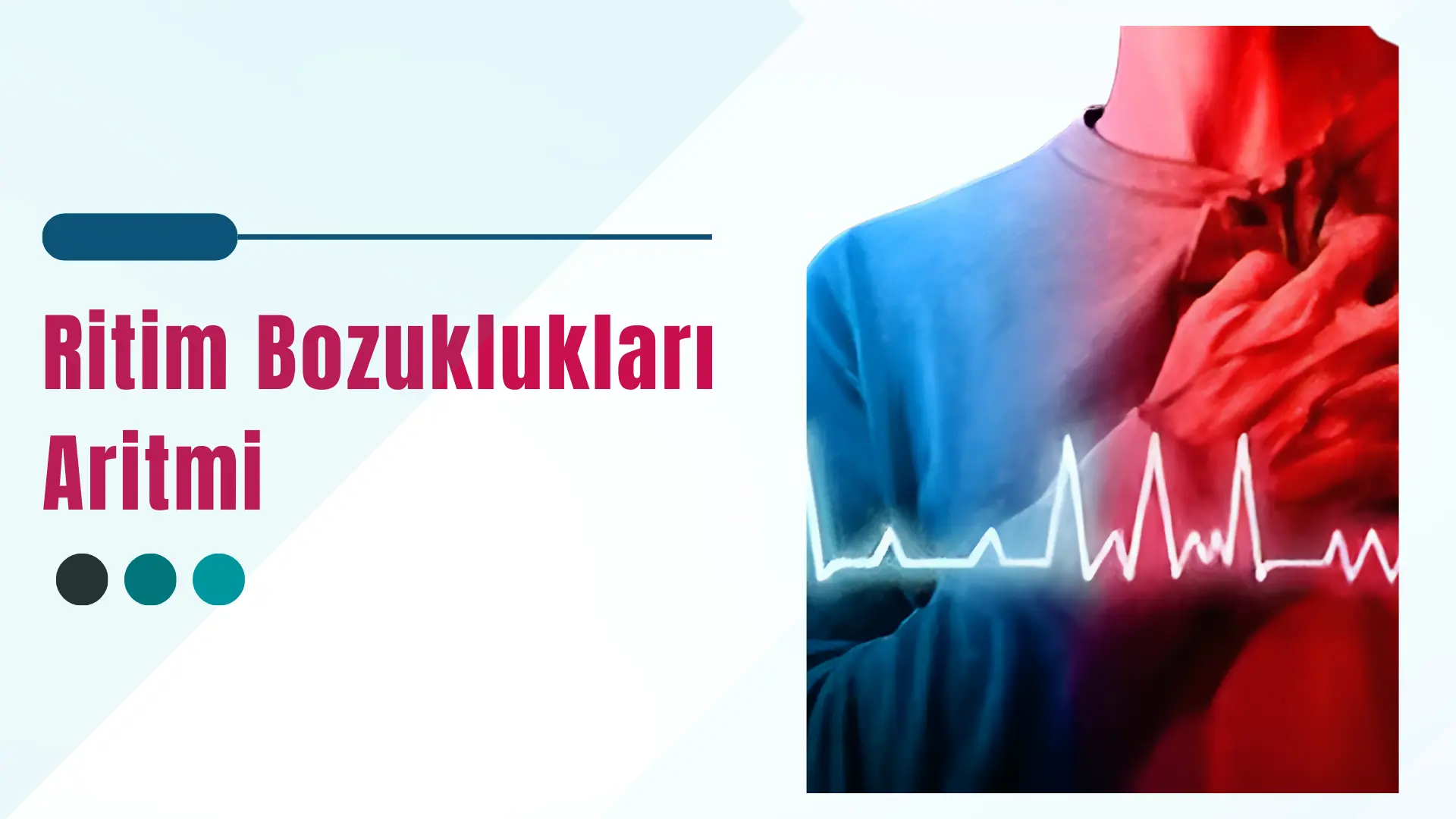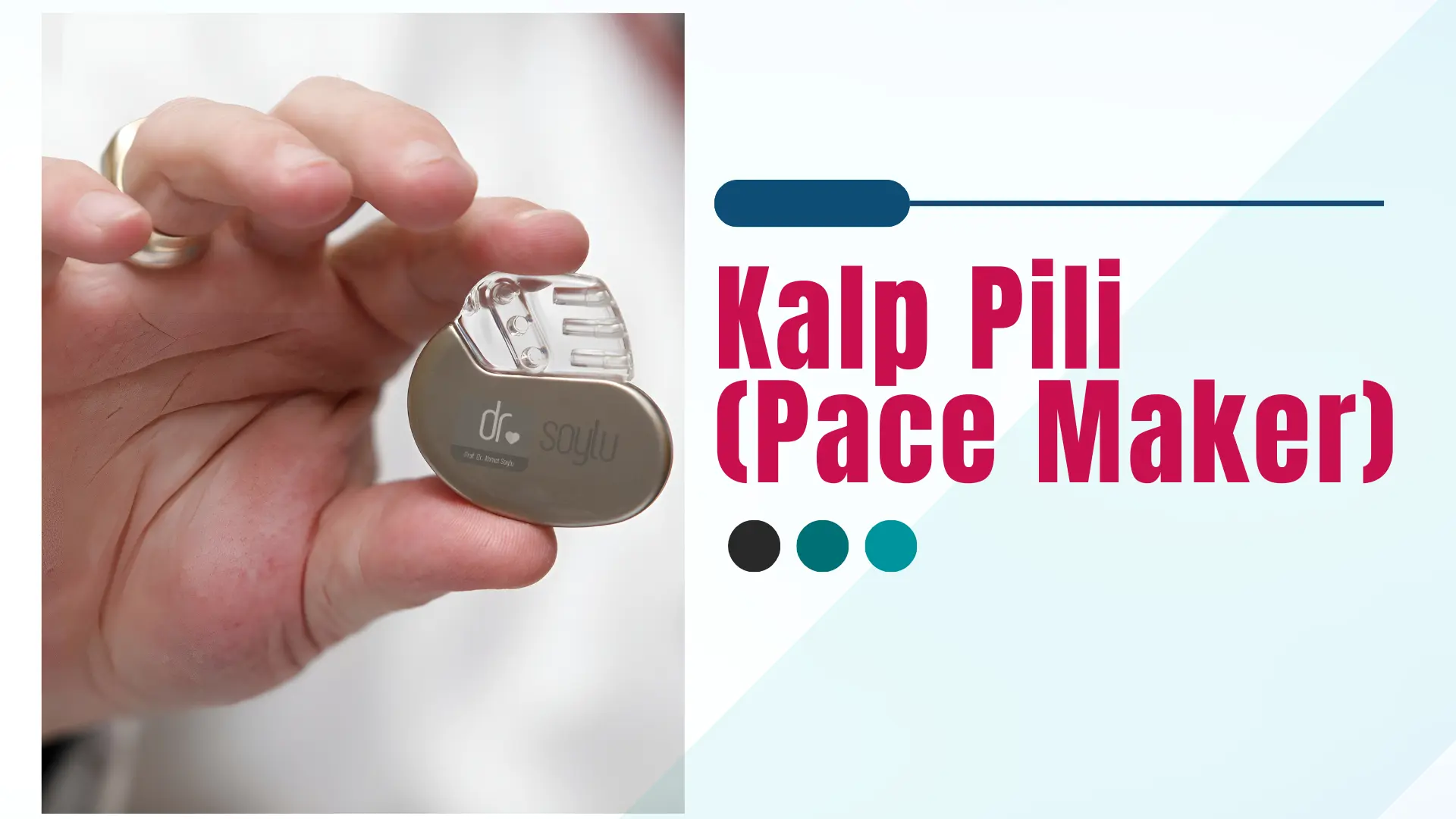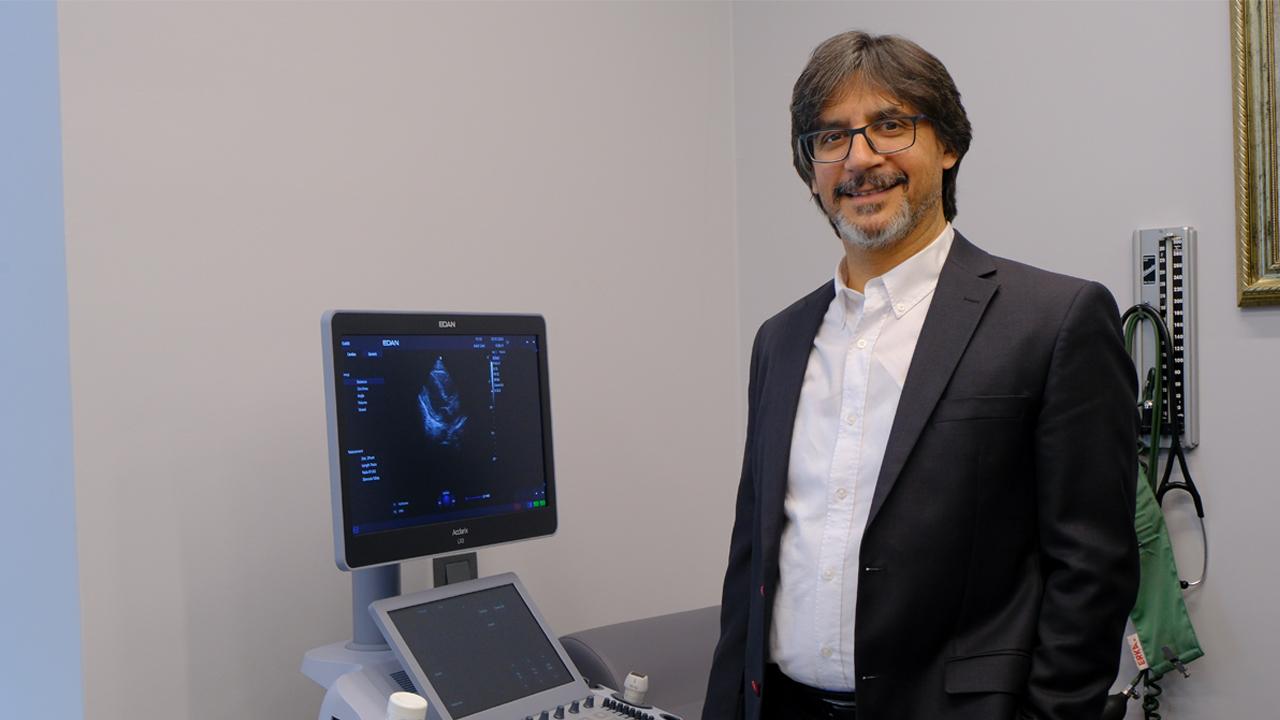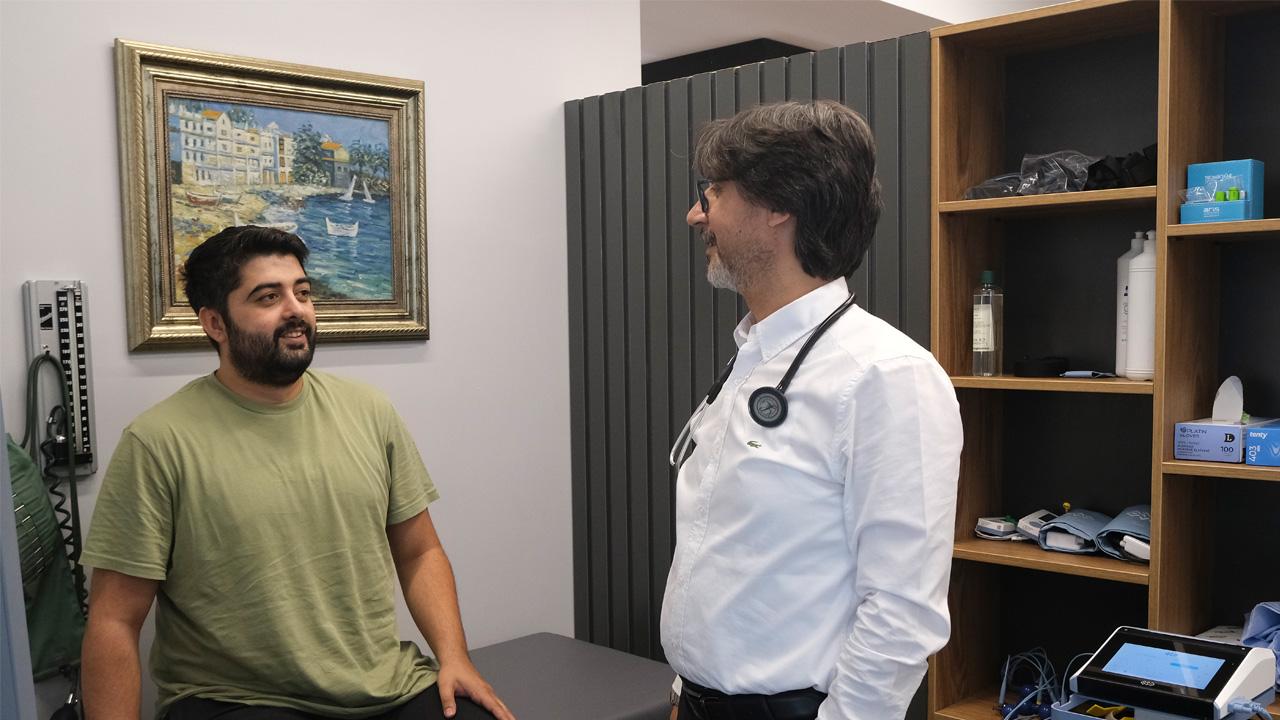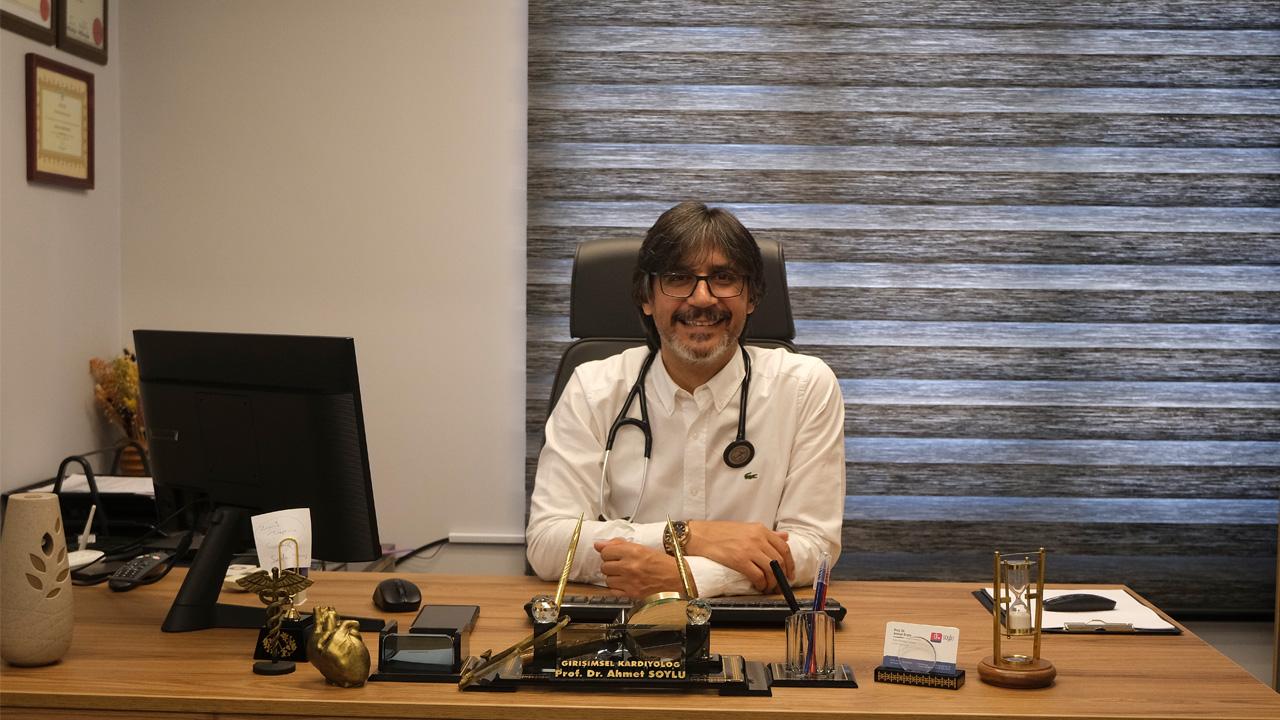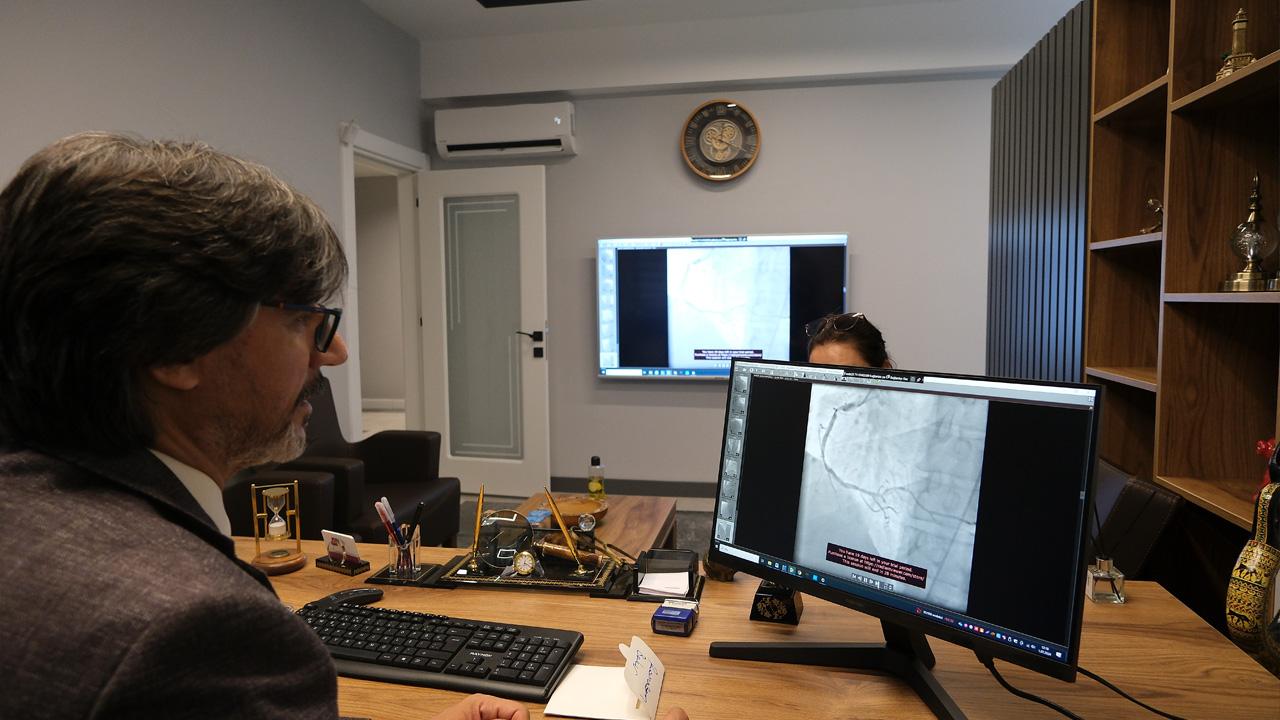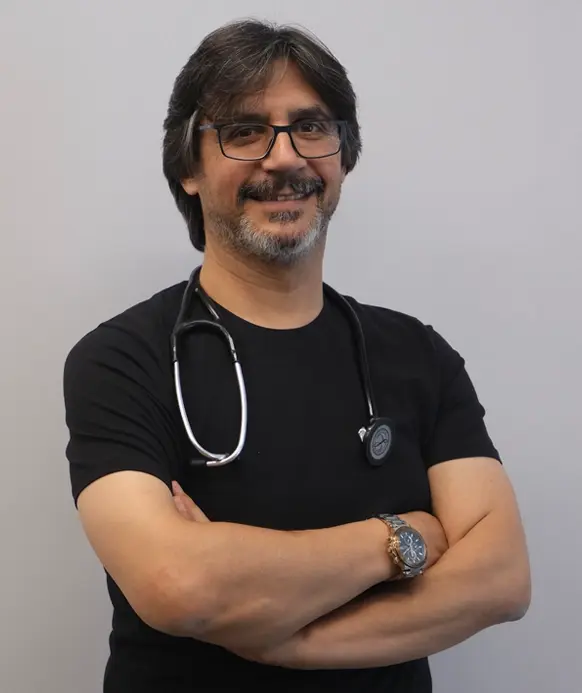
Prof. Dr. Ahmet Soylu
Prof. Dr. Ahmet Soylu, with his vast experience and knowledge in the field of cardiology, gives confidence to his patients and guides them in the most accurate way. Known for his passion and dedication to his profession, Soylu continues to provide the best service to his patients as a cardiology specialist.
Our services
We offer you the best health support with our quality cardiology services. Everything you need to protect and improve your heart health is here!
Gallery

Frequently Asked Questions
We answer frequently asked questions about cardiology in this section. You can find everything you want about heart health, symptoms, treatment methods and more. You can take a look at the questions below to find out the answers to your health-related questions and make more informed decisions.
Heart attack symptoms include symptoms such as chest pain, shortness of breath, sweating, nausea and dizziness. If you are experiencing any of these symptoms, you should contact a healthcare professional immediately.
To control high blood pressure, it is important to exercise regularly, eat a balanced diet, limit salt intake and avoid stress. Additionally, you should regularly use the medications recommended by your doctor.
To protect heart health, you should quit smoking, exercise regularly, eat healthy, avoid stress and have regular health check-ups.
Heart failure is a condition in which the heart cannot pump enough blood to meet the body's needs. Treatment usually includes medications, lifestyle changes, and sometimes surgery.
Heart health
Here are some important steps you can personally take to protect your heart health.

Regular Exercise
Exercising regularly is important to protect your heart health. At least 150 minutes of moderate-intensity aerobic exercise per week is recommended.

Healthy Eating
It is important to consume low-fat, low-salt and high-fiber foods for heart health. Consuming fish containing omega-3 fatty acids is also beneficial.

Quit Smoking
Quitting smoking can seriously improve your heart health. Smoking increases the risk of cardiovascular diseases.

Stress Management
Stress management techniques are important for maintaining heart health. Methods such as yoga, meditation or breathing exercises can reduce stress.




